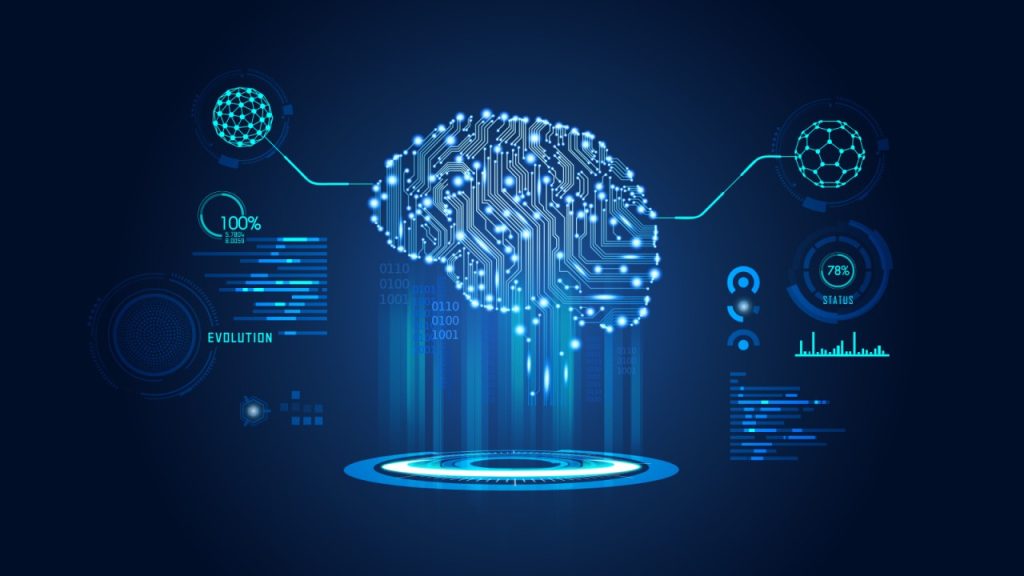Introduction
In today’s fast-paced and competitive business landscape, making informed decisions quickly is crucial for success. The sheer volume of data generated by businesses, customers, and market trends can be overwhelming, making it challenging to extract valuable insights. Machine learning (ML) is revolutionizing business decision making by providing data-driven insights, predicting outcomes, and automating complex processes. This blog post explores the impact of machine learning on business decision making, its benefits, applications, and future directions.
The Benefits of Machine Learning in Business Decision Making
-
Improved Accuracy: ML algorithms can analyze vast amounts of data, reducing errors and biases in decision making. By identifying patterns and relationships, ML helps businesses make more accurate predictions and informed decisions.
-
Enhanced Speed: Automated processes enable faster decision making, giving businesses a competitive edge. ML can quickly analyze data, identify opportunities, and alert decision-makers to take action.
-
Data-Driven Insights: ML provides predictive analytics, helping businesses anticipate market trends, customer needs, and potential risks. This enables proactive decision making, reducing the risk of missed opportunities or unforeseen challenges.
-
Scalability: ML can handle large datasets, making it an ideal solution for businesses with complex operations or multiple locations.
-
Continuous Learning: ML algorithms learn from data, improving their accuracy and effectiveness over time.
Applications of Machine Learning in Business Decision Making
-
Customer Segmentation: ML helps businesses identify target audiences, tailor marketing strategies, and personalize customer experiences.
-
Risk Management: ML algorithms can detect potential risks, predict their impact on business operations, and identify mitigation strategies.
-
Supply Chain Optimization: ML streamlines logistics, predicts demand, and reduces costs by optimizing inventory management and shipping routes.
-
Predictive Maintenance: ML helps businesses predict equipment failures, reducing downtime and increasing overall efficiency.
-
Financial Forecasting: ML algorithms can analyze market trends, predict revenue, and identify areas for cost optimization.
The Future of Machine Learning in Business Decision Making
-
Increased Adoption: More businesses will integrate ML into their decision-making processes, driving growth and innovation.
-
Advancements in AI: Further developments in artificial intelligence will enhance ML capabilities, enabling more complex decision-making applications.
-
Ethics and Transparency: As ML becomes more prevalent, ensuring ethical use and transparency will be crucial to maintain trust and avoid potential biases.
-
Human-Machine Collaboration: ML will augment human decision making, enabling businesses to leverage the strengths of both humans and machines.
-
Explainable AI: The need for explainable AI will grow, enabling businesses to understand the reasoning behind ML-driven decisions.
Conclusion
The Impact of Machine learning on Business Decision Making is transforming the way companies operate by providing data-driven insights, improving accuracy, and enhancing decision-making speed. As ML continues to evolve, businesses that adopt this technology will stay ahead of the curve, driving growth, innovation, and success. By understanding the benefits, applications, and future directions of ML, businesses can unlock its full potential and make more informed decisions in an increasingly complex and competitive landscape.

